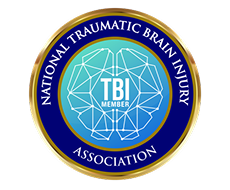Ketamine Could Be The Great Protector
Traumatic brain injury (tbi) is a major concern in both medical and military fields, affecting millions of people worldwide. The impact on brain function may range from mild concussions to severe, life-altering damage. Traditional treatments, such as physical therapy and medication, often address symptoms but may not fully promote brain healing. However, recent studies suggest that ketamine therapy could be an innovative approach in helping patients with TBI recover.
Ketamine is a dissociative anesthetic that has been used for decades in surgical settings. Its ability to block N-methyl-D-aspartate (NMDA) receptors in the brain gives it unique properties, particularly in its ability to induce anesthesia without affecting breathing or heart function. More recently, ketamine has gained attention for its therapeutic potential in treating depression, post-traumatic stress disorder
(PTSD), chronic pain and, as of recent studies, TBI.
TBI may lead to a range of cognitive, emotional and physical impairments due to neuronal damage and inflammation. Ketamine therapy is believed to aid in recovery through several mechanisms:
Neuroplasticity Promotion: One of the most exciting aspects of ketamine’s potential for TBI treatment is its ability to enhance neuroplasticity — the brain’s capacity to reorganize itself by forming new neural connections. This is especially critical after a TBI, where damaged brain cells need to be repaired or replaced. Ketamine has been shown to stimulate the release of brain-derived neurotrophic factor (BDNF), a protein essential for neuron growth and survival.
Reduction of Inflammation: Following a brain injury, inflammation is a significant contributor to secondary brain damage. Ketamine has anti-inflammatory properties that may help reduce the extent of this damage, protecting brain tissue from further harm and supporting recovery.
Glutamate Regulation: Ketamine works by blocking NMDA receptors involved in glutamate signaling. Glutamate is a neurotransmitter crucial for memory and learning but can be neurotoxic in excess. By regulating glutamate levels, ketamine helps prevent further neuronal injury and promotes healthy brain function.
Mood and Cognitive Improvement: TBI patients often experience depression, anxiety and cognitive impairments. Ketamine’s rapid antidepressant effects can improve mood and enhance cognitive function, creating an optimal environment for rehabilitation therapies to be more effective.
While more research is needed to fully understand the scope of ketamine’s benefits for TBI patients, early findings suggest that it could be a breakthrough in brain injury treatment. By promoting neuroplasticity, reducing inflammation and improving mood, ketamine therapy offers hope for those recovering from TBI. As clinical trials progress, ketamine may become an integral part of TBI rehabilitation strategies, providing a new lifeline for patients seeking recovery.
Contribute to the TBI Times





